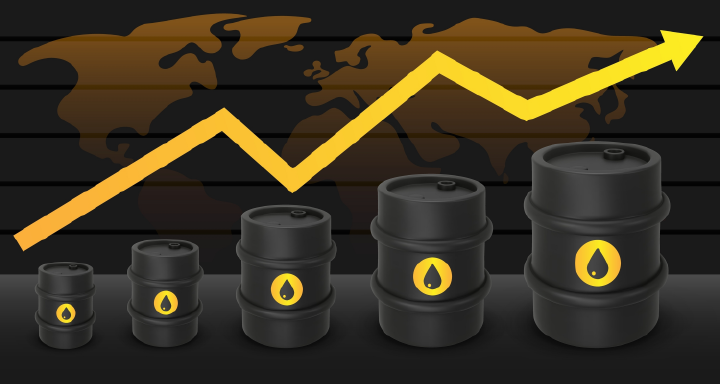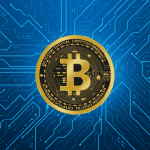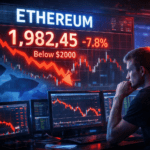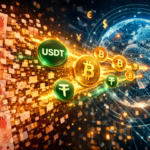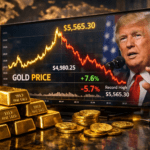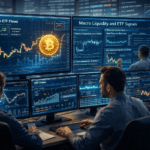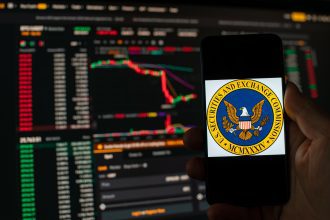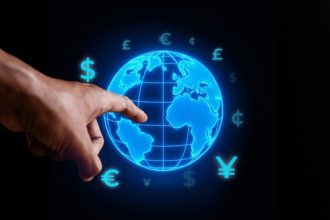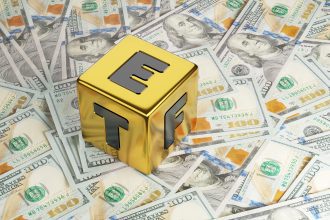How Bitcoin-Backed Oil Could Reshape Global Asset Trading
Bitcoin backed oil conveniently unites two of the world’s most potent assets: energy and digital money. Oil has always been civilization’s lifeblood for global trade, and Bitcoin is now the most trusted new asset. Bridging the two through tokenization may mean that ownership, trade and global finance will be thought about differently. What Is Asset Tokenization? Tokenization involves converting real-world things say, barrels of oil into digital tokens that can then be bought, sold and exchanged on a blockchain. One token is equal to ownership of a physical item anchored in the world and verified by it. This makes it possible for people to trade fractions of assets, easily and globally, without banks or brokers. To date, tokenization has been applied to things like real estate, gold and U.S. treasuries.
But oil is a more complicated thing it’s political, heavy and highly regulated. That’s what would make a Bitcoin-backed oil token such an important enterprise. Why Use Bitcoin? Bitcoin is neutral and global. It is not “owned” by any country, can never be frozen and operates 24 hours a day. Using Bitcoin as a settlement or collateral way in oil tokenization brings: transparency creates trust. It also helps protect companies or countries bound by sanctions or sluggish banking systems to continue freely trading in energy assets. How Bitcoin-Backed Oil Could Work A producer or other storage operator would prove that they maintain a particular amount of oil in an approved facility. Each amount verified (for instance, a barrel) would be transformed into a digital token. Those oil tokens would be tradable for something, of course, Bitcoin perhaps just as often that fungible thing so the security and neutrality would impose a good amount of drag. If the issuer defaults, locked bitcoin could be released to pay buyers. This kind of architecture helps in making the system trustless, fast, and transparent.
Why Not Stablecoins? STABLECOINS Stablecoins such as USDC or USDT are not bad, but they rely on centralized companies and banks to operate their business model and funds can be easily frozen. Bitcoin, on the other hand, is detached and impossible to censor more suitable when it comes to politically sensitive trades or global oil that crosses borders. The Geopolitical Impact “Bitcoin-backed oil” is more than a financial experiment it’s also a political statement. It is a threat to the U.S. dollar’s position in international energy transactions and the emergence of alternative system. The biggest beneficiaries could be smaller countries, or ones that are sanctioned, using the model to sell energy on open, decentralized markets. Challenges Ahead There are still big hurdles. The rules for tokenized commodities are tricky. Oil reserves must be verified and audited properly.” Neither oil nor Bitcoin prices are stable, which would require strong risk management tools such as insurance or overcollateralization. Then, for big oil companies and governments, adoption of such systems could be slow until they believe the results have been proven. Why It Still Matters Even the small-scale trials could transform global finance.
“Tokenized U.S. treasuries begin small, then bring in billions.” The same dynamic could be in play with energy assets. A modest, Bitcoin-settled market for oil would demonstrate that physical wealth can safely and transparently exist on the blockchain. A Few Words In Favor of Energy Diversity This idea also ties Bitcoin mining to oil drilling, which it’s already connected with through off-grid energy applications and flare gas mining. These partnerships could become much more efficient, and in fact profitable with the help of tokenized oil.
Final Thoughts, Oil-backed Bitcoin is the most radical yet example of asset tokenization. It links digital finance to the physical world of energy. Though there are many regulatory and technical hurdles, the concept of Bitcoin as the ultimate global medium for trading energy is compelling. This isn’t about replacing the petrodollar with a new version overnight — it is about building a different system to run parallel with it, an open financial network that anyone can take advantage of for energy and value transfer.


